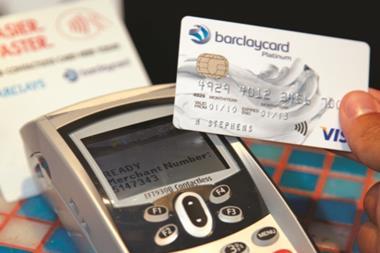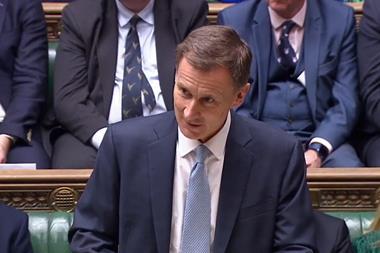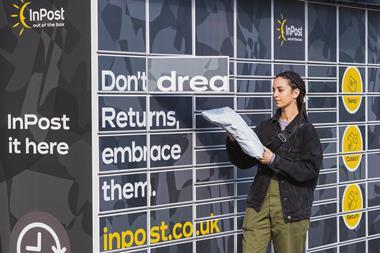The security of contactless payments has been called into question following an investigation which revealed that thieves could exploit the system to make expensive online purchases.
According to consumer group Which? the security flaw allows criminals to use remote contactless card-reading technology to steal key details from contactless cards and use them to order online goods worth many times more the current contactless payment limit of £20.
Researchers were able to read the card number and expiry date from all 10 of the cards tested and purchase online items - one of which was a £3,000 TV.
The news comes as The UK Cards Association reported a 331% rise in the use of contactless payment technology in the UK last year.
The jump was being fuelled by the increasing shift from cash to cards for low value payments, the association said.
The vast majority (75%) of all retail spending is now made by card, and 35 million card payments were made every day in 2014, up 12.1% on the previous year.
Food and drink accounts for the lion’s share of card spending totalling £19 in every £100 spent.
Richard Koch, head of policy at The UK Cards Association, said: “Consumers are making more than twice as many card payments every day than they were ten years ago, a clear sign of how people are now choosing to use the cards in their wallet rather than cash.
“With more places now accepting cards, contactless payments and the rise in online shopping, the large jump in card spending we saw last year looks set to continue,” he added.
Raj Aggarwal of Spar Wigston, Leicester has only recently got contactless in his store. He said: “Contactless payments are about ease and speed and so far it’s proving to be a very popular form of payment. But, if security does become an issue, it will become unpopular just as fast.
“I don’t think this security threat will affect retailers, we all still have the chip and pin technology, it will just slow things down slightly again.”
Adam Hogwood of Budgens of Broadstairs, Kent, thinks the security concerns will worry customers. He adds: “There are ‘flaws’ in all levels of security that result in losses, it just depends how easy they are to exploit. The onus should be with the banks and tech companies to arrange a fix.”





















2 Readers' comments